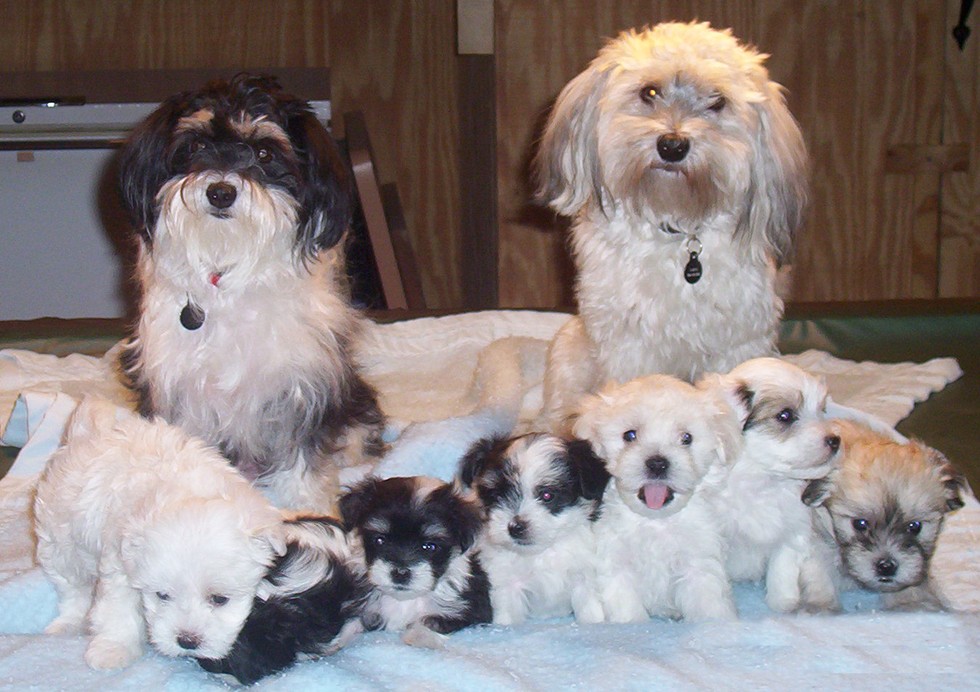When a mammal dad provides fatherly care, such as feeding hungry young and toting sons and daughters, he usually gets more matings with mom as well as larger litters, finds an extensive new study.
This means that fatherly care goes hand in hand with the reproductive success of mothers, according to the research, which is published in the journal Nature Communications.
While the study doesn't name the top dads among mammals, co-author Isabella Capellini offered some possibilities.
"Anecdotally we can say that in wolves, foxes and other dog-like species, males provide a substantial amount of care, such as providing food; while in New World monkeys, like marmosets and tamarinds, males carry their offspring for long periods of time even when the young become very heavy," said Capellini, a senior lecturer in vertebrate zoology at the University of Hull.
Capellini and co-author Hannah West, also from the University of Hull, analyzed fatherly care -- or lack thereof -- among 529 mammal species. Only 10 percent of all mammals have males that either directly or indirectly help to care for their little ones, leading to the deadbeat dad reputation of the rest.
This is often not the case for non-mammals.
"In other animals, such as most birds, males contribute substantially in raising the offspring," Capellini said. "In some frogs and fish, only one parent provides care, with fish having several species where only the father cares for eggs and hatched offspring."
For mammals, it appears that there are significant drawbacks associated with being a caring father. These can include missed mating opportunities with other females, greater risk of predation, loss of precious time and energy and more, the researchers note.
The benefits of being what we would consider to be a good dad, on the other hand, include a higher probability of offspring survival and less running around to find a mate. The doting dads in the study engaged in behaviors such as carrying their young, offering food to moms and babies, huddling with their family and grooming them.
As for why some mammal dads are more caring than others, the researchers believe that such behavior is likely to evolve when males gain a greater certainty of paternity or when future mating opportunities are scarce.
The researchers suspect that offspring of mammal species where both parents provide care grow up much faster.
"For example," Capellini said, "heavier pups among wolves and dogs are more likely to survive winter than lighter siblings, and the resources provided by the father should allow them to reach a larger size faster."
Charlotta Kvarnemo, a professor in the Department of Biological and Environmental Sciences at the University of Gothenburg, told Discovery News that the results of the new study "are very important to get a better understanding of why male care has evolved in mammals. Next, to understand why it has evolved so rarely compared to other groups, like fish and birds, we need to look more carefully at the various costs to the male of providing such care."
Robert Elwood, a professor emeritus of biological sciences at Queen's University Belfast, reminds that, for the majority of mammal males, fatherly care is literally not in their DNA.
He explained, "Staying with the female and young might appear to be a poor strategy for a male mammal since he is not normally important to the rearing of young because he cannot provide milk."
How all of this relates to humans, however, is a matter of debate. The researchers did not include humans in the study, but Elwood shared his thoughts about our species.
Read more at Discovery News



No comments:
Post a Comment